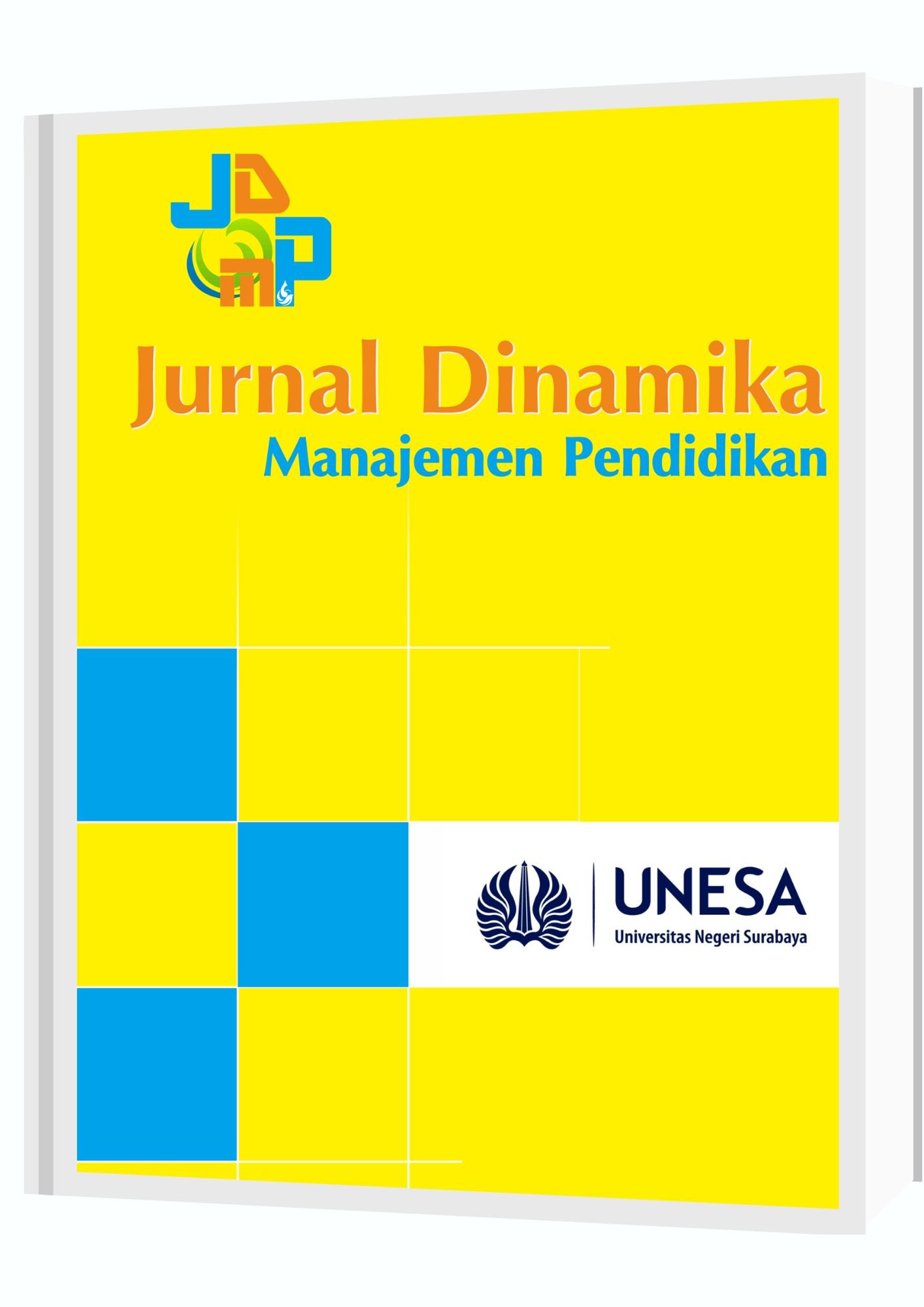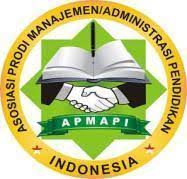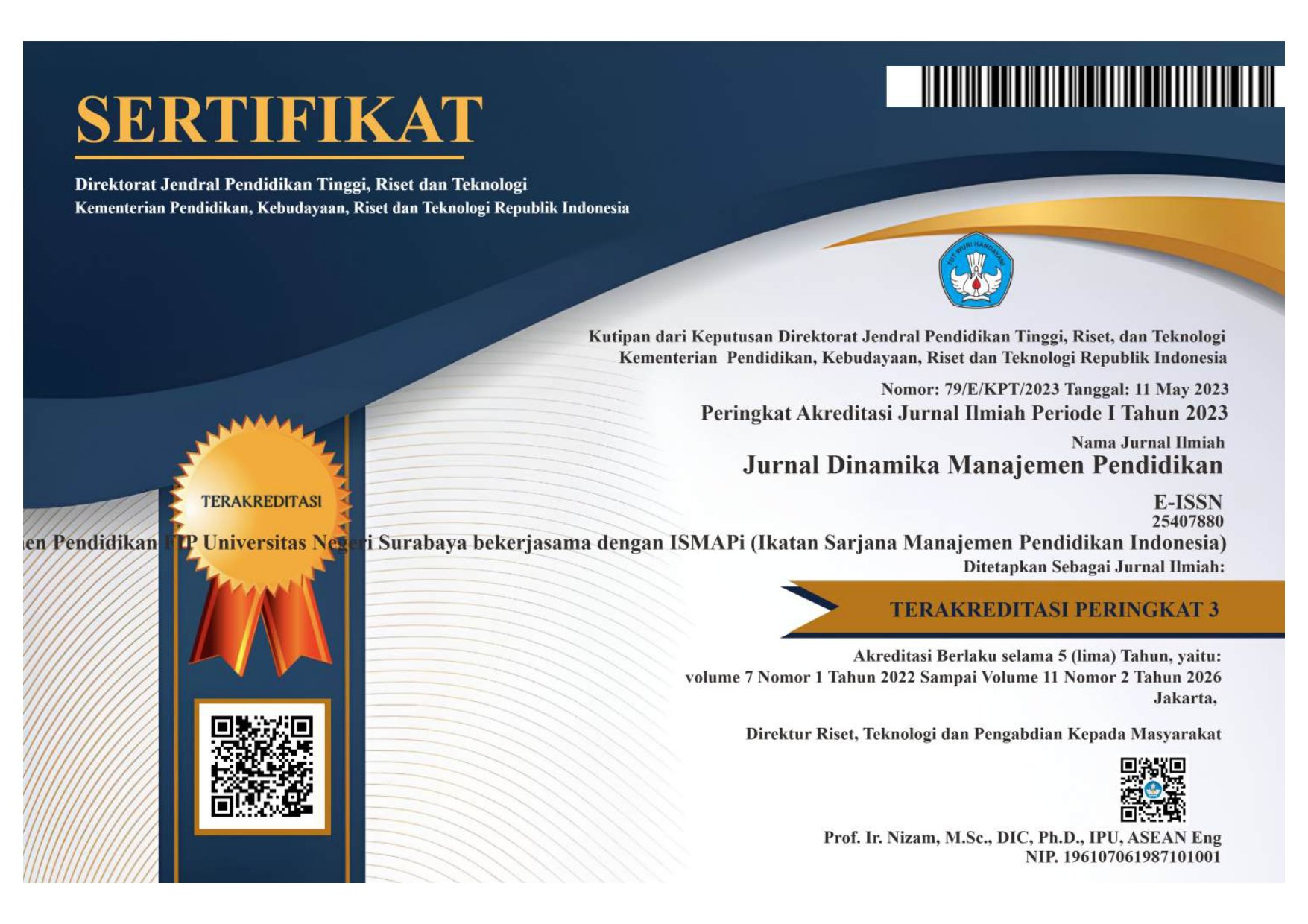KEPEMIMPINAN TRANSFORMASIONAL KEPALA SEKOLAH DALAM UPAYA PENINGKATAN MUTU PROFESIONALISME GURU
DOI:
https://doi.org/10.26740/jdmp.v8n2.p100-110Abstract
This article delves into the crucial roles of school principals in fostering teacher professional development. Drawing upon a comprehensive literature review of 20 academic journals (15 international, 5 national), the study illuminates three vital facets of principal leadership: communication, counseling, and consulting. First, the research underscores the principal's role as a skilled communicator, influencing stakeholders (parents, teachers, students, staff) to align with school goals. Effective communication is identified as a cornerstone for building trust, fostering commitment, and cultivating a positive school environment. Second, the study highlights the principal's function as a counselor, providing guidance and support to teachers as they navigate their professional journey. By acting as a sounding board and offering constructive feedback, the principal empowers teachers to continually learn and refine their pedagogical practices. Finally, the research examines the principal's role as a consultant, facilitating transformative change within the teaching community. The principal serves as a catalyst for innovation, inspiring teachers to experiment with new ideas and embrace creative approaches to enhance student learning. This multifaceted approach to leadership, encompassing communication, counseling, and consulting, positions the principal as a key driver in propelling teacher professional development and ultimately optimizing educational outcomes.
Downloads
Published
How to Cite
Issue
Section
License
Copyright (c) 2024 JDMP (Jurnal Dinamika Manajemen Pendidikan)

This work is licensed under a Creative Commons Attribution-ShareAlike 4.0 International License.
Copyright Notice
The copyright of the received article once accepted for publication shall be assigned to the journal as the publisher of the journal. The intended copyright includes the right to publish the article in various forms (including reprints). The journal maintains the publishing rights to the published articles.
The publisher publish and distribute the Article with the copyright notice to the JDMP with the article license CC-BY-SA 4.0.
 Abstract views: 334
,
Abstract views: 334
, PDF Downloads: 498
PDF Downloads: 498



















.png)
1.png)







.png)
